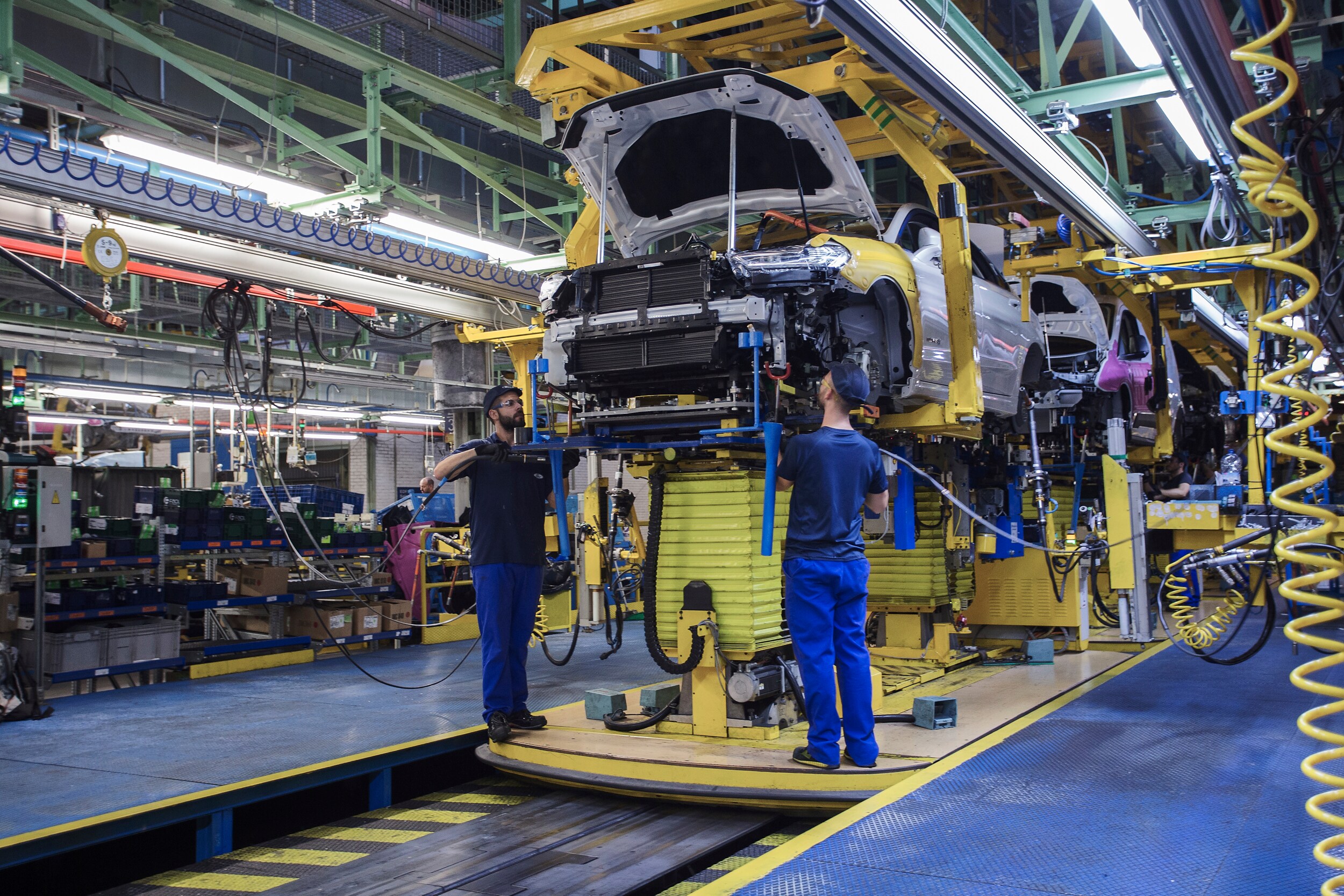Ford Reinvents Itself in Europe: Workforce Adjustments and a Bet on the Electric Future
Nov 25, 2024

The European automotive industry is facing significant challenges, and Ford Motor Company has decided to take bold steps to adapt. Between 2024 and 2027, the company will cut 4,000 jobs as part of a strategy to ensure its sustainability in an increasingly competitive market.
An Industry in Transformation
Although the transition to electric vehicles (EVs) seems inevitable, their adoption in Europe has been slower than expected due to low demand. This situation has led Ford to adjust its production, affecting models like the Explorer and Capri.
This reflects the difficulties faced by automakers in Europe, where companies like Audi have also made drastic decisions, such as closing their factory in Belgium to move production to Mexico.
Marcus Wassenberg, General Manager of Ford-Werke GmbH, stated:
"Our history in Europe spans over a century. We are committed to building a strong business for future generations, but to achieve this, we must make tough decisions to ensure our competitiveness."
Driving Factors Behind the Change
Ford is navigating a complex environment shaped by several factors:
High costs of electric vehicles, limiting profitability in this segment.
Competition from Chinese brands, offering more affordable options in the European market.
Strict environmental regulations, requiring significant investments in clean technologies.
Adding to the complexity are trade tensions between China and Europe. Recent tariffs on Chinese electric vehicles have sparked disputes, with the Chinese government accusing Europe of violating international trade rules.
John Lawler, Ford's Chief Financial Officer, emphasized the need for clearer policies to support electromobility:
"Europe lacks a coherent political agenda to promote EV infrastructure and provide incentives that make it easier for consumers to transition to electric vehicles."

Reactions and Next Steps
The IG Metall union, representing Ford's workers in Germany, has rejected the measures and warned of confrontation if alternatives are not considered. Despite the company investing over $1 billion in transforming its Cologne plant, labor disputes could complicate its strategy.
To move forward, Ford's plan focuses on three key areas:
Strengthening its position in commercial vehicles.
Developing a mixed line of hybrid, electric, and combustion vehicles.
Modernizing its facilities to boost efficiency.
An Uncertain Future
Ford is working to adapt to a rapidly evolving market, but the road ahead is fraught with challenges. The decisions made in Europe will be crucial not only for the company but also for the entire automotive sector.
Based on an article by Xataka MX.